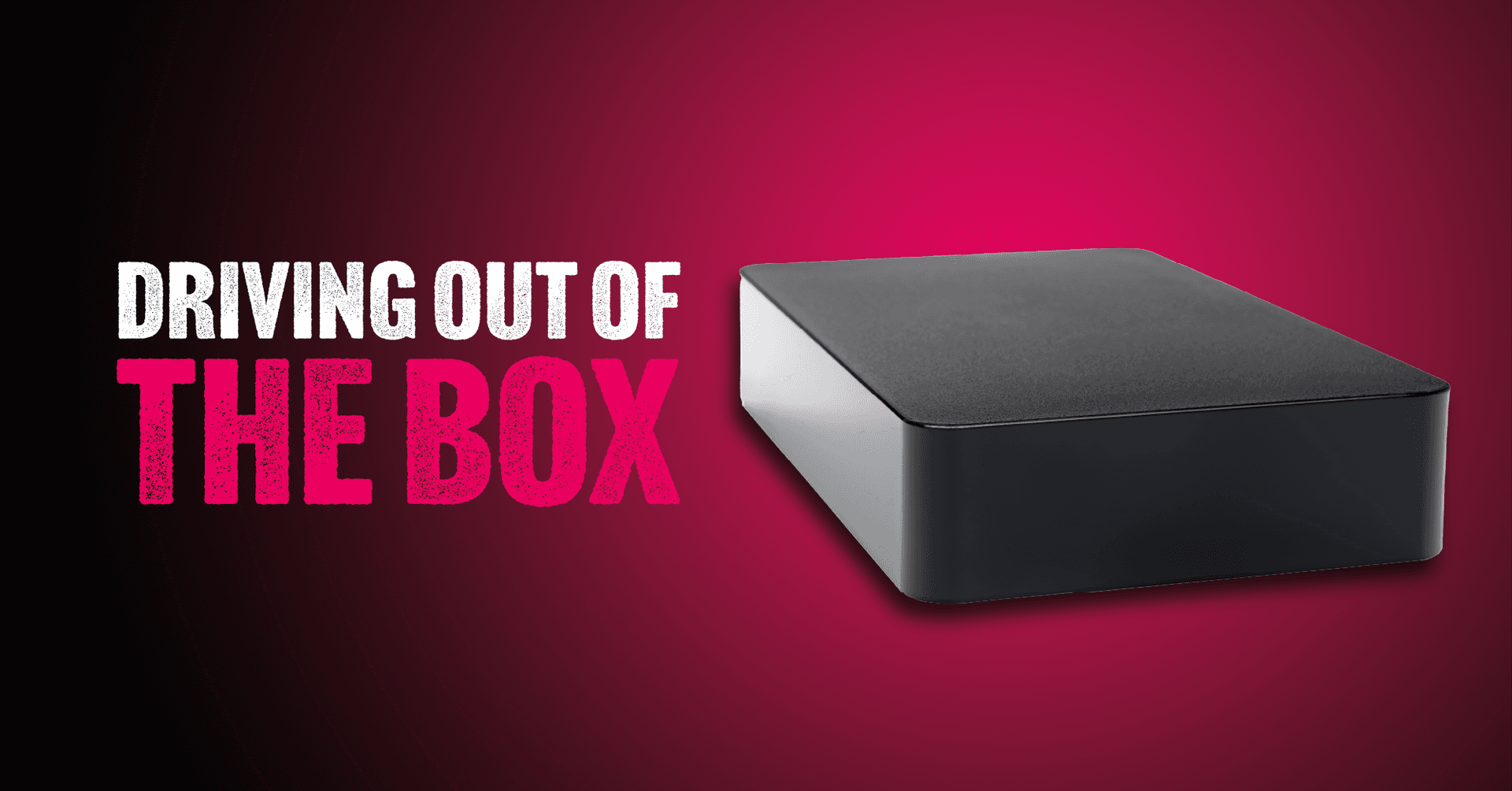- Privacy
- Protect
- Blog
- Car Insurance
Driving out the box
Black box insurance can be an attractive alternative for young drivers, or for drivers who have had a few points applied in the past that would put up their more conventional premium. So what are the pros and cons?By Rightly
5 min read

What are black box insurance schemes?
Black box insurance schemes, also known as telematics insurance or usage-based insurance (UBI), are a type of car insurance policy that monitors a driver's behaviour and usage of their vehicle using a telematics device, often referred to as a "black box”. The black box is a small electronic device fitted into the insured vehicle, typically under the dashboard or in another inconspicuous location.
Black box policies give an insurance company a more complete picture of the kind of driver you are. The black box enables the insurer to accurately calculate its risk. For example, the company will be able to take into account things like the time you drive, for example daytime is considered safer than night time, as well as the amount of miles you do.
Here's how black box insurance works:
- Installation: When purchasing a black box insurance policy, the insurance company will arrange for the installation of the telematics device in your car. Some insurers may offer policies where the device is sent to the policyholder to self-install
- Data collection: The black box continually collects data about how the vehicle is being driven. The data collected may include the vehicle's speed, acceleration, braking patterns, distance travelled, time of day or night when the vehicle is used, and how smoothly the vehicle is driven
- Risk assessment: The insurance company uses the data collected from the black box to assess the policyholder's driving behaviour and risk level. Safer driving habits are typically rewarded with lower insurance premiums, while risky behaviour may result in higher premiums
- Personalised premiums: Black box insurance allows for more personalised pricing based on individual driving habits, rather than relying solely on statistical averages or general risk factors. Young or inexperienced drivers, who are often considered higher risk due to their lack of driving history, may find this type of insurance particularly beneficial if they can demonstrate safe driving behaviour
- Feedback and improvements: Many black box insurance policies come with online portals or mobile apps that allow policyholders to access their driving data and receive feedback on their driving habits. This feedback can help drivers improve their driving and, in turn, potentially reduce their insurance premiums further
Are there any privacy concerns?
While black box insurance can lead to lower premiums for safe drivers, some people may have privacy concerns about the continuous monitoring of their driving habits. It's essential to understand the data collected and how it will be used by the insurance company before opting for such a policy.
Black box insurance has gained popularity in the UK, particularly among younger and less experienced drivers who are typically charged higher premiums due to their higher perceived risk. By choosing a telematics-based policy and demonstrating safe driving behaviour, these drivers can potentially lower their insurance costs and become more responsible drivers.
Choosing to have a black box installed as part of your insurance policy means you have to be happy that your insurance company will be monitoring your driving. The black box records information like your car’s location, the types of roads you drive, the time you use the car, distance travelled per journey, your speed, how hard you use the brakes and accelerator, and how hard you take corners.
The information gathered by the black box is turned into a score. You can usually look at that on your insurance company’s website or maybe via an app. If you can get and maintain a good score, then it will be taken into account when considering your premium. But a bad score could mean that you pay more than you would on a conventional insurance policy.
Having said that, some insurance companies allow you to pay black box insurance monthly, and so it can vary: a bad score can be put right the next month by having a much better record, driving on safe roads in daylight, than if you’ve driven long distance on more dangerous roads late at night.
Having variable charges makes black box insurance popular with some young drivers looking to cut their insurance costs. Other drivers can benefit too, especially if you’ve previously had points on your licence.
What else is of concern?
- Data security risks: As with any technology that collects and stores personal data, there is a risk of the data being compromised by hackers or unauthorised individuals. If the black box system is not adequately secured, it could lead to potential privacy breaches
- Misinterpretation of data: The black box system relies on algorithms to analyse the driving data and determine the insurance premium. However, these algorithms may not always accurately reflect the policyholder's driving habits. There could be instances where safe drivers are penalised or vice versa
- Restrictions on driving: Some black box insurance policies come with restrictions on when and where you can drive. For example, driving at night or driving in certain areas may be limited, which could be inconvenient for some drivers
- Non-transferable: Black box policies are often specific to a particular vehicle and policyholder. If you switch cars or insurance providers, you may lose the benefits of the black box policy and need to start again with a traditional insurance plan.
- Upfront costs: Installing the black box device might come with an initial cost, which could be a deterrent for some drivers. Typically it can be around £100
- Limited mileage: Some black box policies may have restrictions on the total mileage you can drive within a specific period. This could be problematic for people who need to drive long distances regularly.
Despite these downsides, black box insurance can be a great option for certain drivers, particularly those who are confident in their safe driving habits and are looking for ways to potentially lower their insurance premiums.
Save on insurance
At Rightly, we’ve developed a better way to renew your insurance premiums, not just on cars but on any insurance.
Rightly Save is our new service that automatically finds all your insurance policies and presents them to you in a single place, complete with renewal dates and the type of policy. Then we’ll set up automatic reminders so you get plenty of notice of all your insurance renewals, whether for car, home, travel, pet or any others you even have forgotten about. That way you’ll have a chance to find a better deal before the company rolls you into a new year and a new price which you may not have had time to look at until it’s already done.
Related Articles
- Privacy
5 min read

Can you save on car insurance?
No one likes getting rolled over into a new year of insurance at a new higher cost. You can take steps to avoid this and find yourself a better deal.
- Privacy
7 min read

Better Home Insurance Renewals
For many of us, insurance is easily put off until later. Home insurance is often one of those and even when it’s taken out, it’s easy to be a little oblivious to the details of what the cover is, let alone being able to make a like for like comparison between alternative providers. So how can you make it easy and get the best deal?